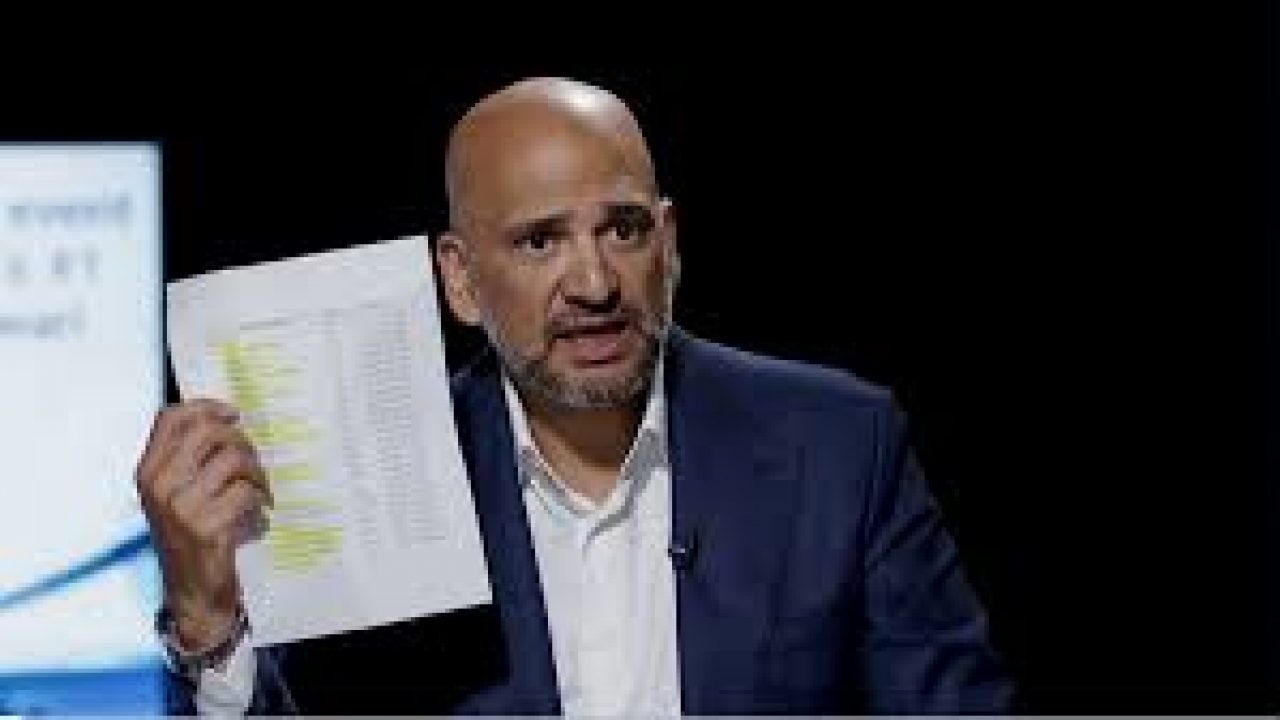But I offered to work for free. The hiring manager admired that and offered me a task. I worked 60 hours a week. I only got paid for 29 hours, so they might prevent paying me medical benefits. At the time, I was making the handsome amount of $4 an hour.
On Saturday and Sunday, I worked 12-hour shifts as a cook in a dining establishment in Queens, New York City. In the meantime, I got accredited to become a broker. Slowly but definitely, I increased through the ranks. Within two years, I was the youngest vice president in Shearson Lehman history. After my 15-year career on Wall Street, I started and ran my own worldwide hedge fund for a decade.
However I haven't forgotten what it feels like to not have sufficient cash for groceries, let alone the bills. I keep in mind going days without eating so I could make the lease and electric expense. I remember what it resembled maturing with absolutely nothing, while everyone else had the current clothing, gadgets, and toys.

The sole income source is from subscription revenue. This instantly does away with the predisposition and "blind eye" reporting we see in much of the standard press and Wall Street-sponsored research study. Discover the finest investment ideas on the planet and articulate those concepts in a manner that anyone can understand and act upon.
When I feel like taking my foot off the accelerator, I advise myself that there are thousands of driven rivals out there, starving for the success I've been lucky to secure. The world does not stall, and I recognize I can't either. I like my work, however even if I didn't, I have trained myself to work as if the Devil is on my heels.
However then, he "got greedy" (in his own words) and held on for too long. Within a three-week span, he lost all he had actually made and everything else he owned. He was eventually obliged to file personal bankruptcy. Two years after losing whatever, Teeka rebuilt his wealth in the markets and went on to introduce an effective hedge fund.